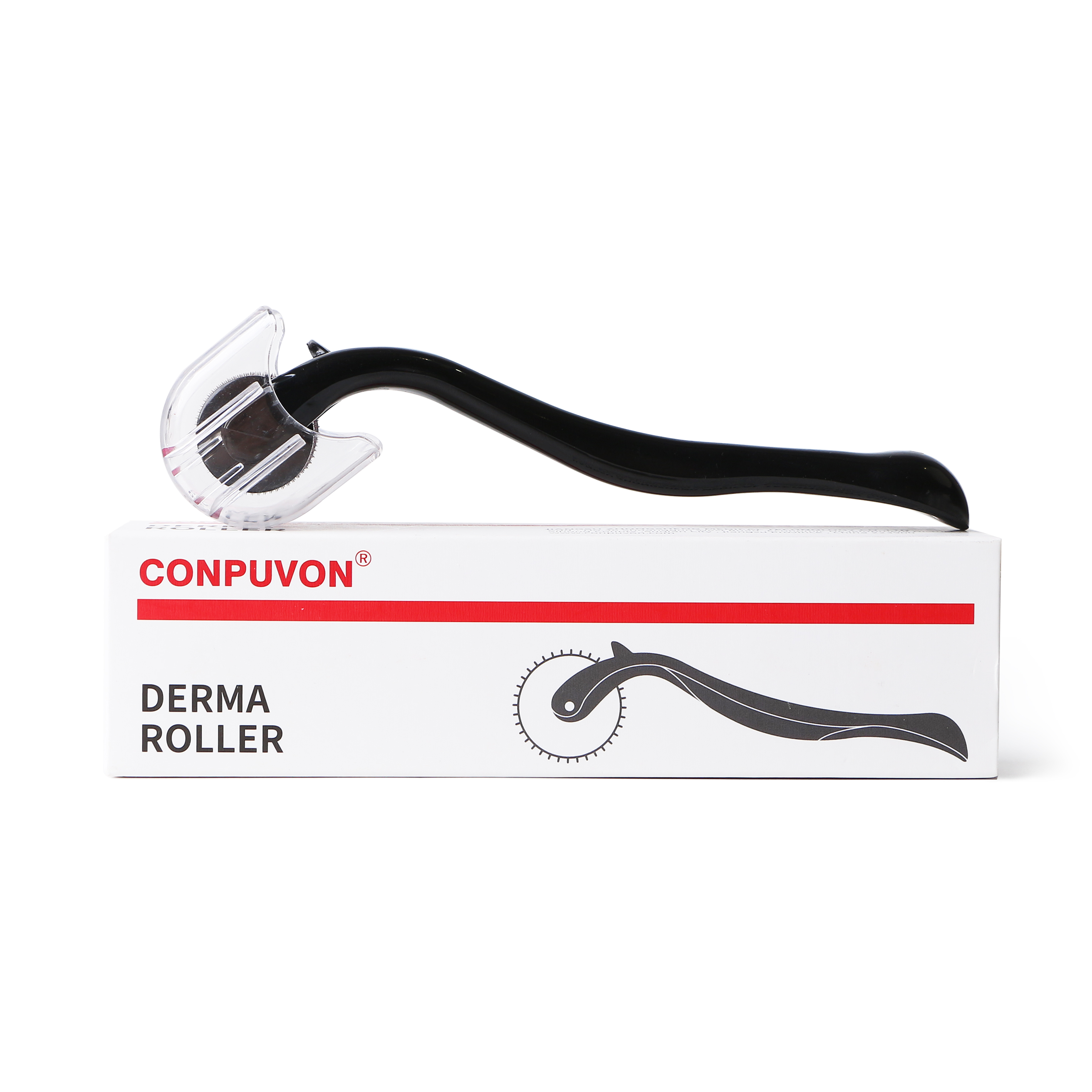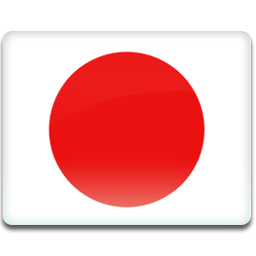Overview of 3-Way Stopcocks and Extension Tubing
In the medical field, precision devices play a crucial role in patient care. Among these devices, 3-way stopcocks paired with extension tubing are essential components used in various clinical settings. These devices allow for the seamless transfer of fluids, medications, and other substances into or out of a patient's body. Understanding the materials that make up these devices is important for ensuring patient safety and device efficacy.
Common Materials Used for 3-Way Stopcocks
Polycarbonate Material
Polycarbonate is widely used in manufacturing 3-way stopcocks because of its exceptional clarity and strength. This thermoplastic offers high impact resistance and thermal stability, making it suitable for repeated sterilizations. Polycarbonate allows medical professionals to visually inspect the fluid path, thus preventing air bubbles or impurities from entering the patient's body. Its durability makes it a favorite among wholesale suppliers and manufacturers.
Metal Alloys
Some 3-way stopcocks incorporate metal alloys for increased durability and pressure resistance. These alloys can withstand higher psi ratings, which ensures safety in high-pressure medical applications. The metal components are typically used in conjunction with plastic parts to maintain transparency and ease of use.
Extension Tubing Material Options
PVC: Pros and Cons
Polyvinyl Chloride (PVC) is a prevalent choice for extension tubing due to its flexibility, clarity, and cost-effectiveness. PVC tubing's ability to resist chemical degradation makes it an attractive choice for medical applications. However, concerns about plasticizers used in PVC have led some manufacturers to seek alternative materials. Factory suppliers often offer PVC tubing in various lengths, typically ranging from 25 cm to 200 cm, to accommodate different medical needs.
Thermoplastic Elastomer (TPE)
Thermoplastic Elastomer (TPE) serves as an alternative to PVC, offering similar benefits without the need for plasticizers. TPE provides excellent flexibility and is softer to the touch, which can improve patient comfort during procedures. TPE is rapidly gaining popularity among suppliers due to its versatile properties and environmental benefits.
Material Selection for Neonatal Care
The selection of materials for 3-way stopcocks and extension tubing in neonatal care requires careful consideration. Devices for neonates must have low priming volumes to minimize the risk of fluid overload in these vulnerable patients. Materials like TPE and specially formulated polycarbonates are often selected due to their biocompatibility and safety profiles. These materials meet stringent regulatory standards, ensuring they are safe for the smallest and most vulnerable of patients. Suppliers specializing in neonatal equipment often offer customized solutions to meet these specific requirements.
Importance of Sterilization in Medical Devices
Sterilization Techniques
Sterilization is crucial in maintaining the sterility and safety of 3-way stopcocks and extension tubing. Common sterilization methods include ethylene oxide gas, gamma radiation, and steam sterilization. Each method has its advantages, and the choice often depends on the material composition of the device. For example, polycarbonate can withstand steam sterilization, while other materials might require gas sterilization to maintain integrity.
Packaging Considerations
Proper packaging is essential to preserve the sterility of these devices. Typically, 3-way stopcocks and their extension tubing are individually packaged in peelable pouches. This packaging method allows for easy access while maintaining sterility until the moment of use. Suppliers and factories often focus on the quality of packaging materials to ensure the sterility of the product during transportation and storage.
Pressure Ratings and Material Strength
The pressure rating of 3-way stopcocks and extension tubing is a critical factor in their design and material selection. Devices are often required to withstand pressures up to 200 psi or more. Materials like polycarbonate and certain metal alloys are chosen for their strength and reliability under high-pressure conditions. Medical device suppliers may provide detailed specifications and testing data, ensuring that their products meet rigorous safety and performance standards.
Environmental and Health Considerations
With increasing awareness of environmental health, manufacturers and suppliers are paying more attention to the ecological impact of medical devices. The move towards phthalate-free PVC and the use of recyclable materials like TPE reflect this trend. Suppliers are also focused on creating products that minimize waste and reduce the carbon footprint. Through careful material selection and manufacturing processes, the industry continues to advance towards more sustainable practices.
Innovations in Material Technology
Technological advancements have led to the development of new materials for medical devices. Enhanced polymer composites and advanced elastomers provide higher durability and flexibility, catering to the evolving needs of healthcare providers. These innovations also allow for greater customization and precision in manufacturing, which benefits both suppliers and end-users. Factories are continuously updating production lines to integrate these new materials, ensuring they remain competitive in a demanding market.
Regulatory Compliance and Standards
Compliance with regulatory standards is mandatory for medical devices. Agencies require rigorous testing and documentation to ensure devices meet safety and efficacy standards. Materials used in 3-way stopcocks and extension tubing must comply with medical-grade certifications and standards set by regulatory bodies. Suppliers often work closely with regulatory consultants to ensure their products meet all necessary requirements, reducing risks and ensuring patient safety.
Manufacturer Considerations and Quality Control
Quality control is paramount in the manufacturing of medical devices. Factories implement strict quality assurance protocols to ensure that every product meets the highest standards. This includes material verification, dimensional checks, and performance testing. Suppliers rely on comprehensive quality management systems, which are crucial for maintaining reputations and ensuring customer satisfaction.
conpuvon Provide solutions
To address the complex needs of medical facilities, conpuvon offers tailored solutions for 3-way stopcocks and extension tubing. By collaborating with top manufacturers and maintaining a focus on quality, we ensure our products meet the highest standards. Our supply chain is optimized for efficiency, providing wholesale and factory-direct options to suit various budgetary and logistical requirements. Our commitment to innovation and sustainability ensures we provide the best products for healthcare providers globally.
User hot search: 3 way stopcock with extension tubing
Post time: 2025-10-27 21:51:02













